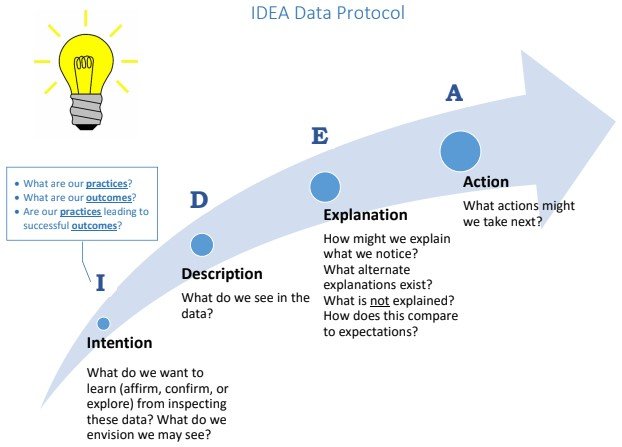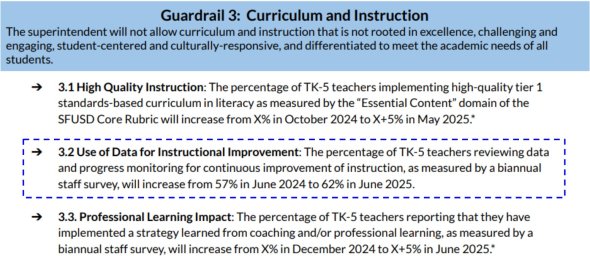
Guardrail 3: Curriculum and Instruction
The superintendent will not allow curriculum and instruction that is not rooted in excellence, challenging and engaging, student-centered and culturally-responsive, and differentiated to meet the academic needs of all students.
- 3.1 High Quality Instruction
- 3.2 Use of Data for Instructional Improvement
- 3.3. Professional Learning Impact
Overview: Use of Data for Instructional Improvement Link to this section
School improvement strategies tied to instruction have the potential to create meaningful and sustainable changes in increasing outcomes for students. A successful strategy depends on intentionally planned processes using data to progress monitor implementation and connecting it to impact on student outcomes.
Model for Improvement
The Cycle of Continuous Improvement is used for improving outcomes and creating a reflective mindset. At its foundation are three critical questions to set an improvement aim, define changes (strategies), and ascertain a plan for monitoring progress. This iterative problem-solving method guides rapid, incremental improvements while gaining valuable learning and knowledge from the practice.
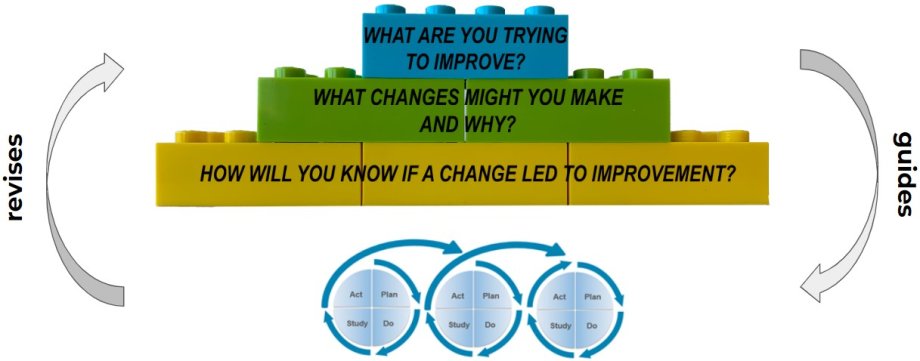
School Year Scope for Using Data
This suggested school year scope puts the model for improvement in perspective. Though improvement isn’t necessarily linear, this suggested scope emphasizes the importance of attending to the development of a charter at the beginning of the year, test the changes through iterative improvement cycles, and reflect on what has been learned to inform next steps for improvement.
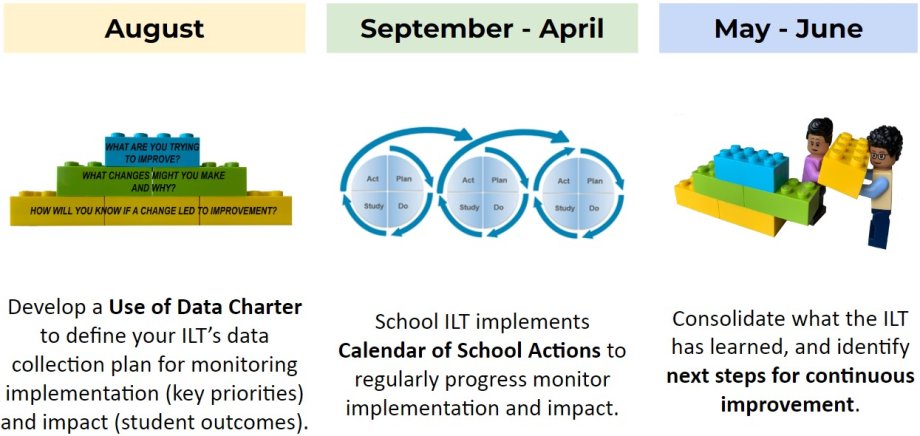
Tools and Guidance for Using Data
Link to this section
The following tools and guidance have been developed to support Use of Data for Instructional Improvement.
ILT Use of Data Charters
ILT Use of Data Charters:
Defines school-year plan for progress monitoring of key strategies and connection to student outcomes
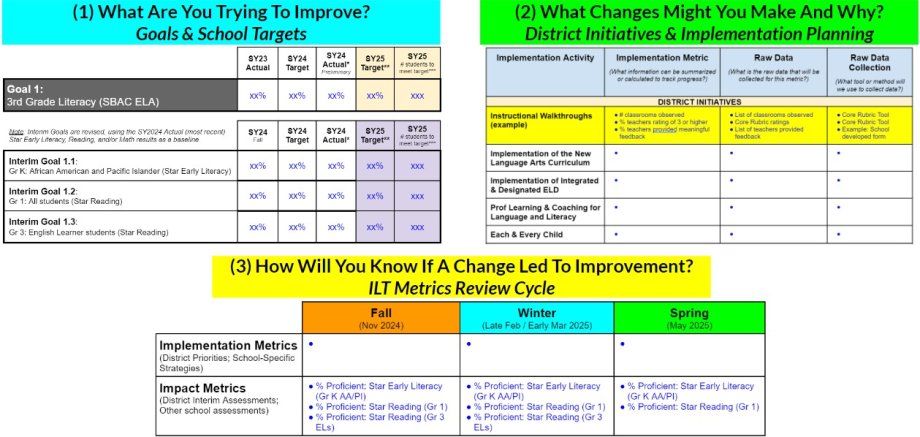
ILT Data Review Protocol and Template
This page was last updated on November 13, 2024


